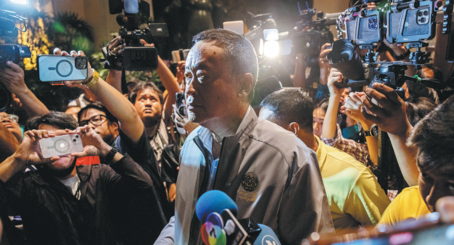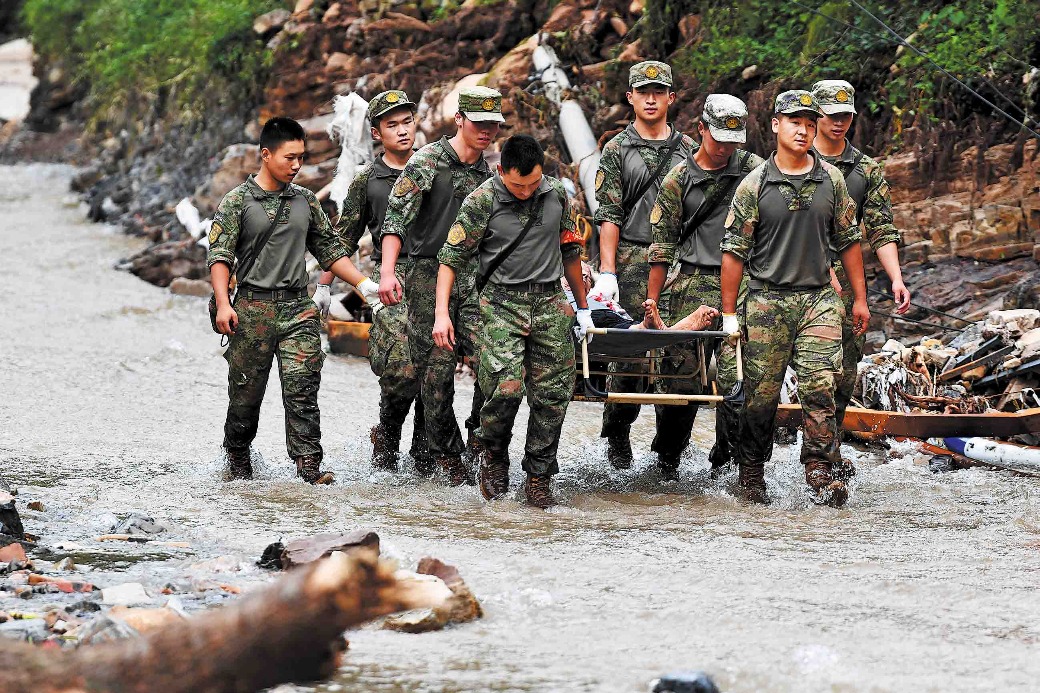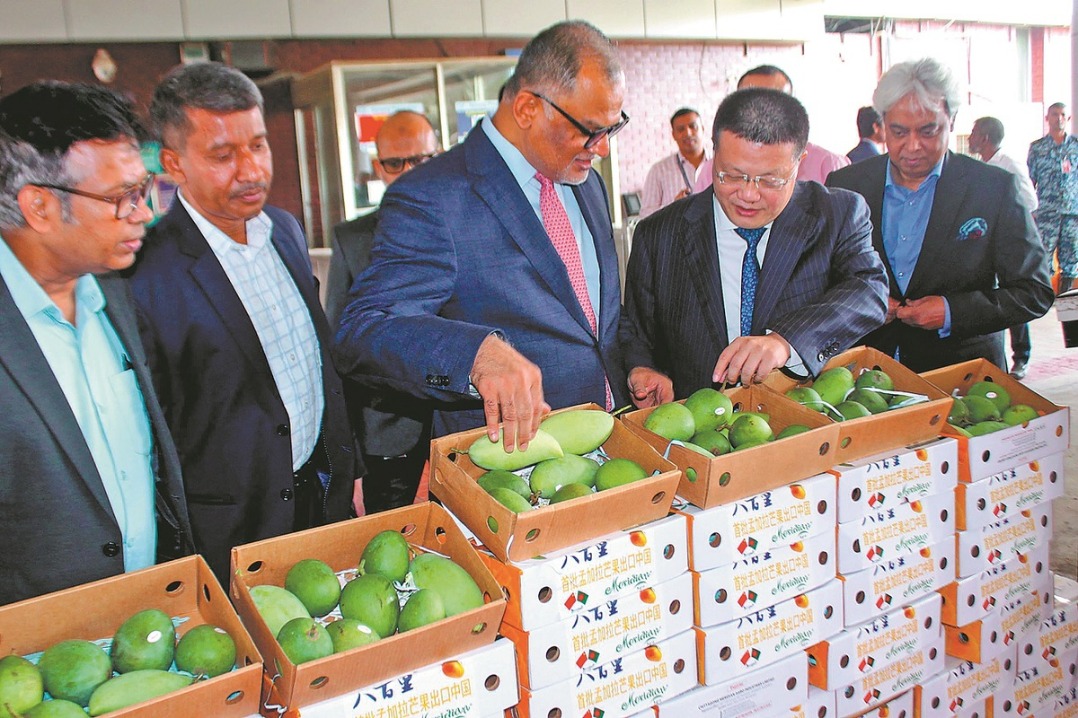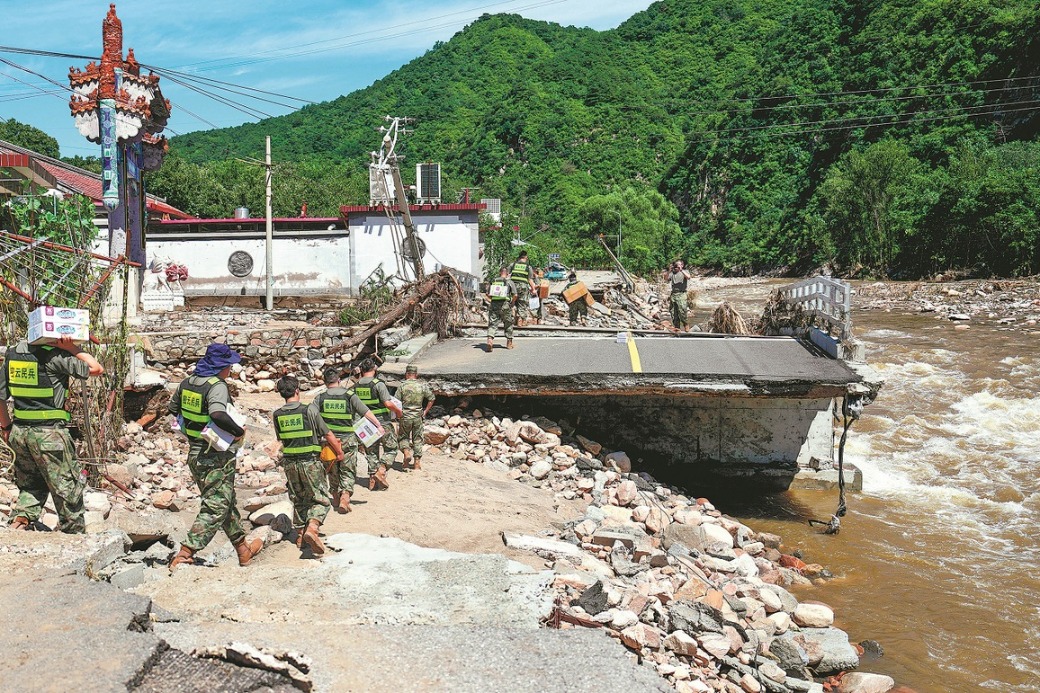Cyanide traces found in victims' blood

BANGKOK — Initial autopsy results showed traces of cyanide in the blood of six Vietnamese and US guests at a central Bangkok luxury hotel and one of them is believed to have poisoned the others over a bad investment, Thai authorities said on Wednesday.
The bodies were found on Tuesday in the Grand Hyatt Erawan Bangkok, a landmark at a central intersection in the capital busy with malls, government buildings and public transit.
"We are convinced that one of the six people found dead committed this crime," Noppasil Poonsawas, a deputy commander of the Bangkok police, said.
He told a news conference that police believed cyanide was used as a poison, and the motive for the crime was thought to be debt-related.
The mysterious circumstances surrounding the deaths of the three men and three women have fueled wild rumors, with several local media outlets initially reporting a mass shooting incident.
But photos released by police of a bloodless crime scene showed plates of untouched Thai food, and two thermos flasks of coffee and cups.
Prime Minister Srettha Thavisin said on Tuesday the crime was "a private matter" unrelated to national security, and should not affect the lucrative tourist sector.
Thai authorities are keen to improve the image of the kingdom, whose reputation as a safe tourist destination sometimes takes a hit when grisly crimes are reported.
The country has been the scene of several sordid and high-profile criminal cases, such as that of French serial killer Charles Sobhraj, nicknamed "The Serpent "and linked to at least two dozen murders, mostly of tourists, in the 1970s.
Officials hope to hit 35 million visitors this year, with a target of $55 billion in revenue.
Agencies via Xinhua

Today's Top News
- US deal a structural challenge for Japan
- Industrial prowess of China a subject of serious study
- US new tariffs 'unfair': Experts
- NDRC recalibrating steps to drive growth, boost demand
- Wartime hero's legacy fortifies Sino-UK bond
- China, Nepal celebrate 70 years of bilateral ties






























